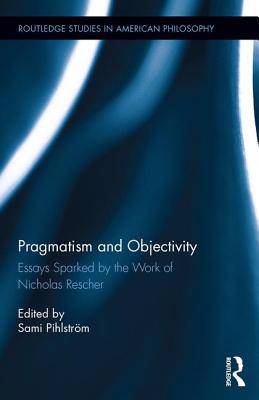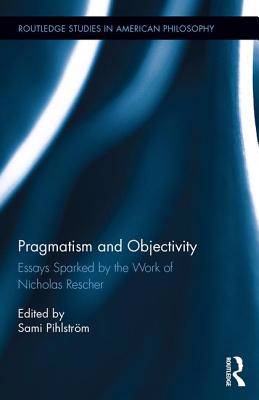
- Retrait gratuit dans votre magasin Club
- 7.000.000 titres dans notre catalogue
- Payer en toute sécurité
- Toujours un magasin près de chez vous
- Retrait gratuit dans votre magasin Club
- 7.000.0000 titres dans notre catalogue
- Payer en toute sécurité
- Toujours un magasin près de chez vous
Pragmatism and Objectivity
Essays Sparked by the Work of Nicholas Rescher
320,95 €
+ 641 points
Description
This book illuminates the nature of contemporary pragmatism against the background of Rescher's work, resulting in a stronger grasp of the prospects and promises of this philosophical movement. The essays in this volume, written by established and up-and-coming scholars of pragmatism, touch on themes related to epistemology, philosophy of mind, philosophy of science, and ethics.
Spécifications
Parties prenantes
- Editeur:
Contenu
- Nombre de pages :
- 292
- Langue:
- Anglais
- Collection :
Caractéristiques
- EAN:
- 9781138655232
- Date de parution :
- 07-03-17
- Format:
- Livre relié
- Format numérique:
- Genaaid
- Dimensions :
- 157 mm x 231 mm
- Poids :
- 557 g

Les avis
Nous publions uniquement les avis qui respectent les conditions requises. Consultez nos conditions pour les avis.





